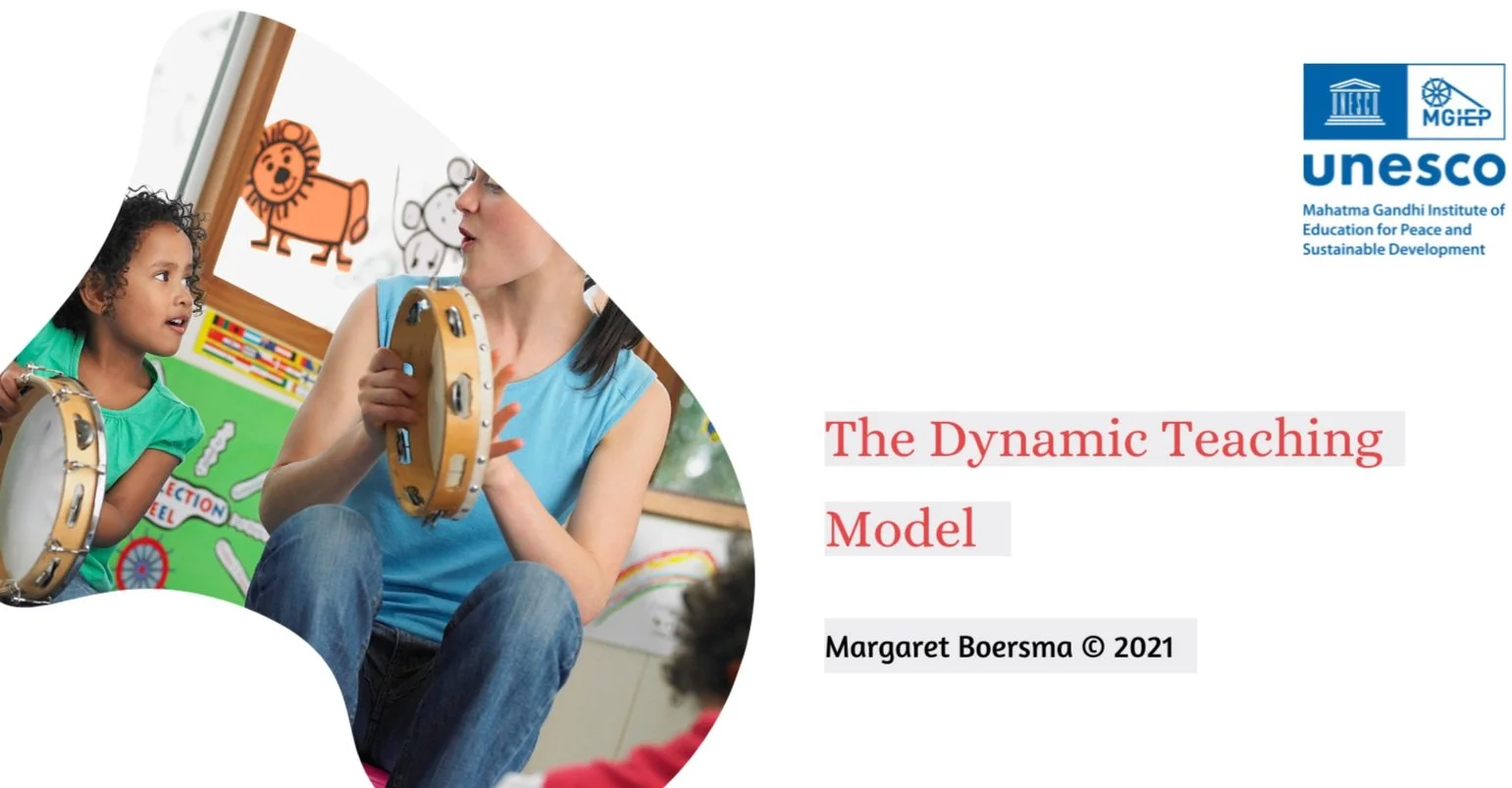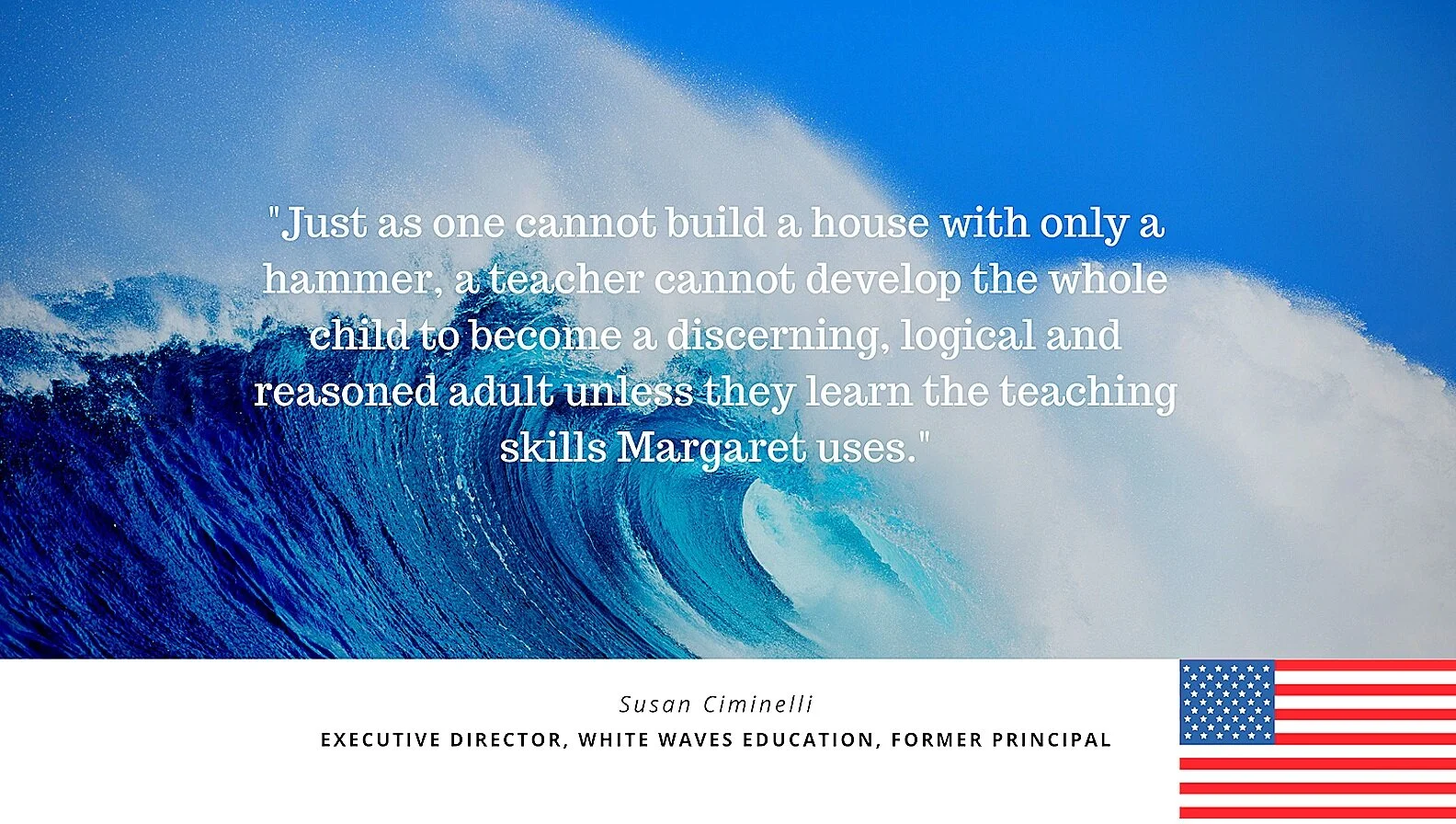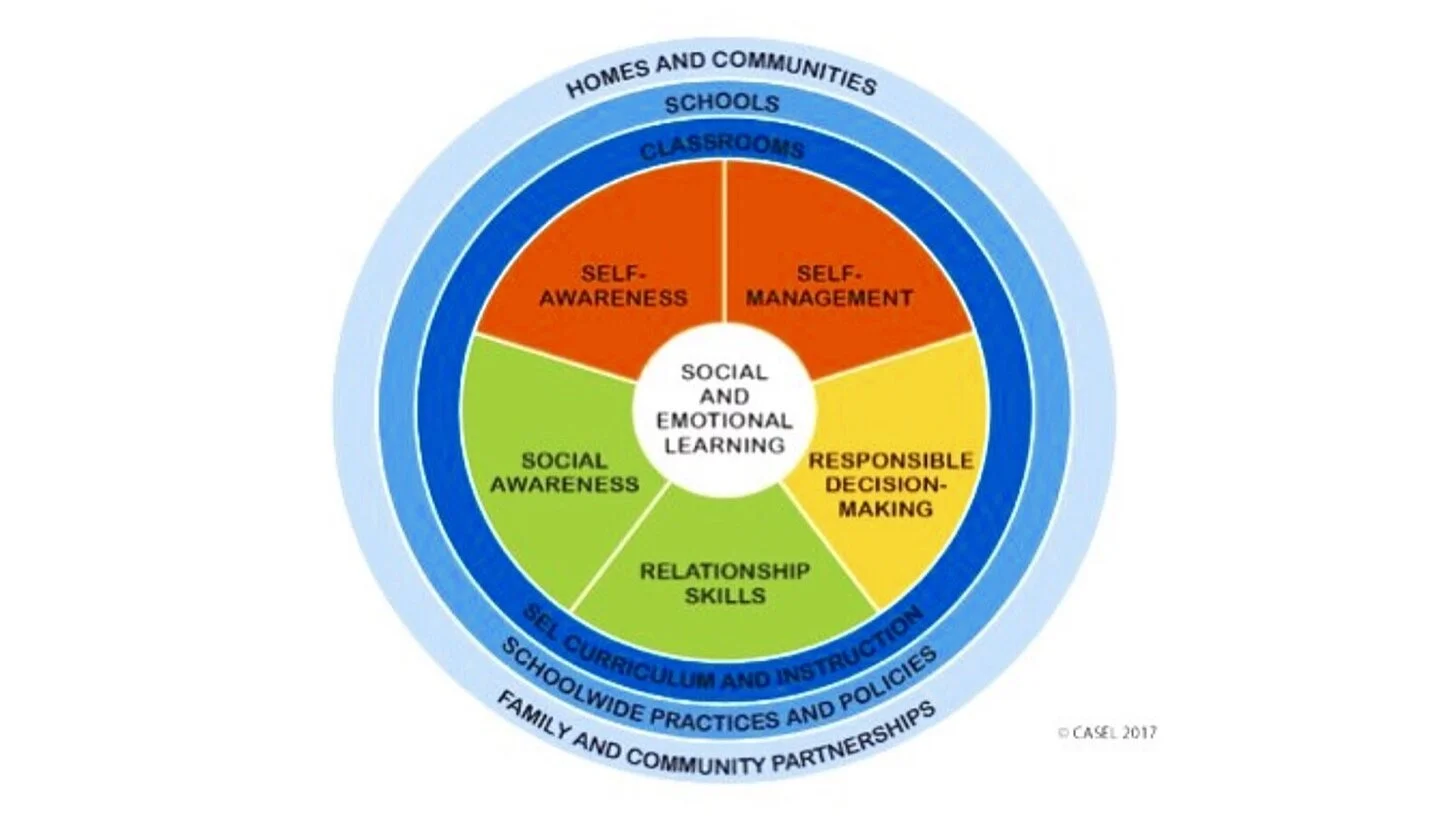Analogical Problem-Solving ™ is what I call teaching by living inside a story such as the Us and Them unit. Students have agency/voice to make decisions inside their class story, an analogy of life. As teachers, we carefully follow their suggestions and integrate lessons as we plan strategies that allow them to discover their learning. Students learn real-life lessons without real-life consequences. They realize at a profound level that we have so much in common. We are all connected. Ultimately the students decide war is not worth the enormous human cost. And they internalize that we are all part of the human race.
Read MoreAnalogical Problem-Solving ™ is what I call teaching by living inside a story such as the Us and Them unit. Students have agency/voice to make decisions inside their class story, an analogy of life. As teachers, we carefully follow their suggestions and integrate lessons as we plan strategies that allow them to discover their learning. Students learn real-life lessons without real-life consequences. They realize at a profound level that we have so much in common. We are all connected. Ultimately the students decide war is not worth the enormous human cost. And they internalize that we are all part of the human race.
Read MoreChildren learn best through discovery. So inductive teaching helps deepen retention. With inductive learning, students experience things and draw their own conclusions. Wrestling with the concepts allows them to uncover their learning. As teachers, we often wonder why our students haven’t retained the basics from year to year. Students retain when they discover their learning.
Read MoreFree Lessons Available in Social Emotional Learning for Children.. Every lesson has an affirmation that students can memorize to remind themselves of their ability to influence themselves and others in positive ways.
Read MoreMy friend Annie Paraison shared some insightful ideas about racism in Part 1. Now I will discuss my thoughts on some of the points she raised. As well, I will challenge you to educate yourself and your students and have provided some ideas below.
Read MoreAnnie was in my group at Berkeley last summer, where we participated in an international conference for teachers on social and emotional learning (SEL). Our close-knit group still meets regularly on Zoom, supporting each other through breakdowns and celebrating breakthroughs. The other day I asked Annie, who lives in the U.S., what it is like being black with so much visible outrage boiling all around us. She gave some food for thought.
Read MoreIn the same way that the soil has to be rich and fertile to grow into strong, healthy plants, so do the relationships in students’ lives need to be fertile to raise strong, contributing human beings in society. It is critical to have relationships that work inside and outside of school. Administrators and teachers, caretakers and teachers, caretakers and students, parents and staff are all critical for nurturing young minds and setting examples.
Read MoreLearn how the Deep Learning at Home series intentionally teaches social and emotional skills and character development through the arts. Know how each lesson can stimulate family or group discussion. Integrate the affirmation in each lesson and create precious moments during this time of change.
Read More
















Analogical Problem-Solving ™ is what I call teaching by living inside a story such as the Us and Them unit. Students have agency/voice to make decisions inside their class story, an analogy of life. As teachers, we carefully follow their suggestions and integrate lessons as we plan strategies that allow them to discover their learning. Students learn real-life lessons without real-life consequences. They realize at a profound level that we have so much in common. We are all connected. Ultimately the students decide war is not worth the enormous human cost. And they internalize that we are all part of the human race.